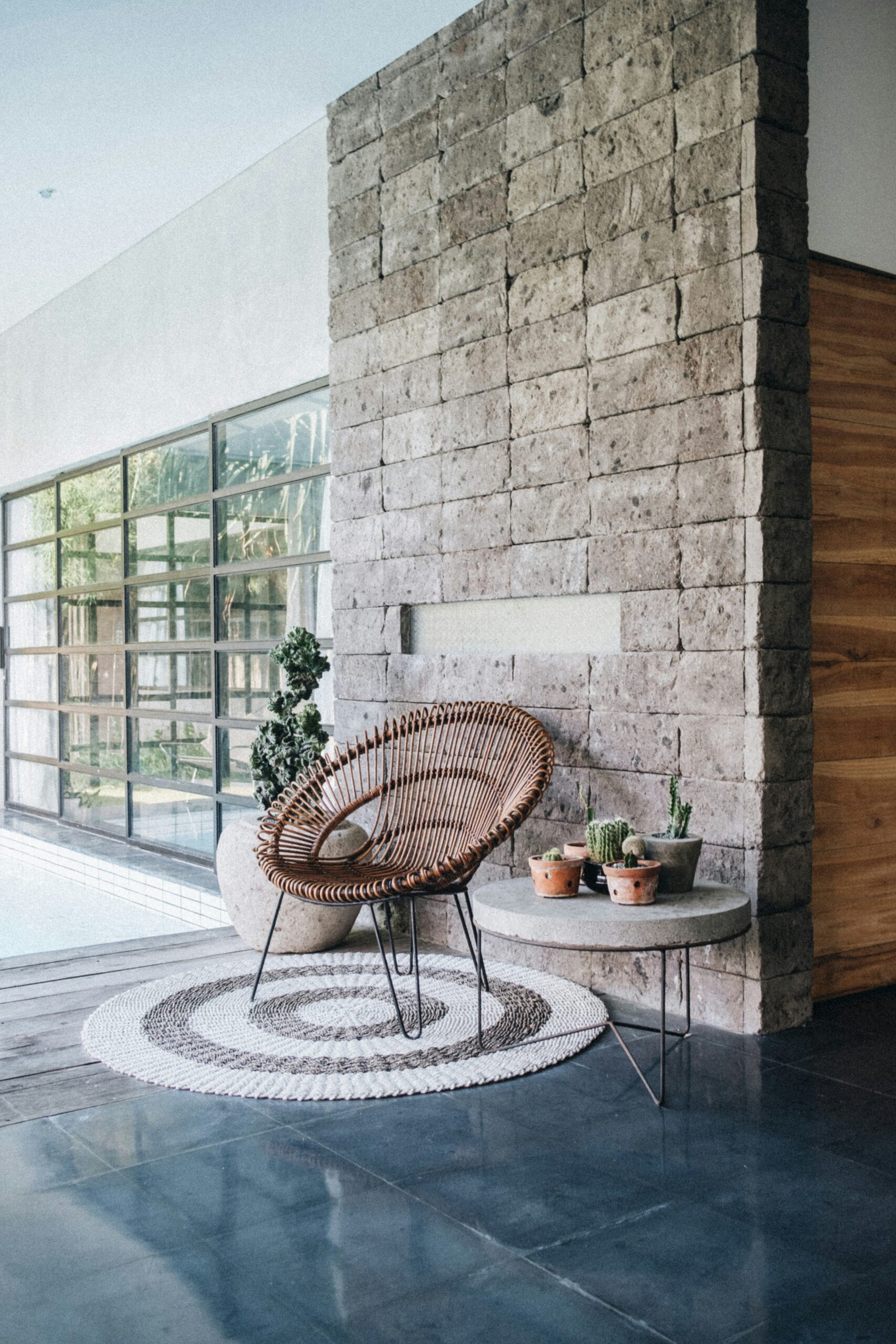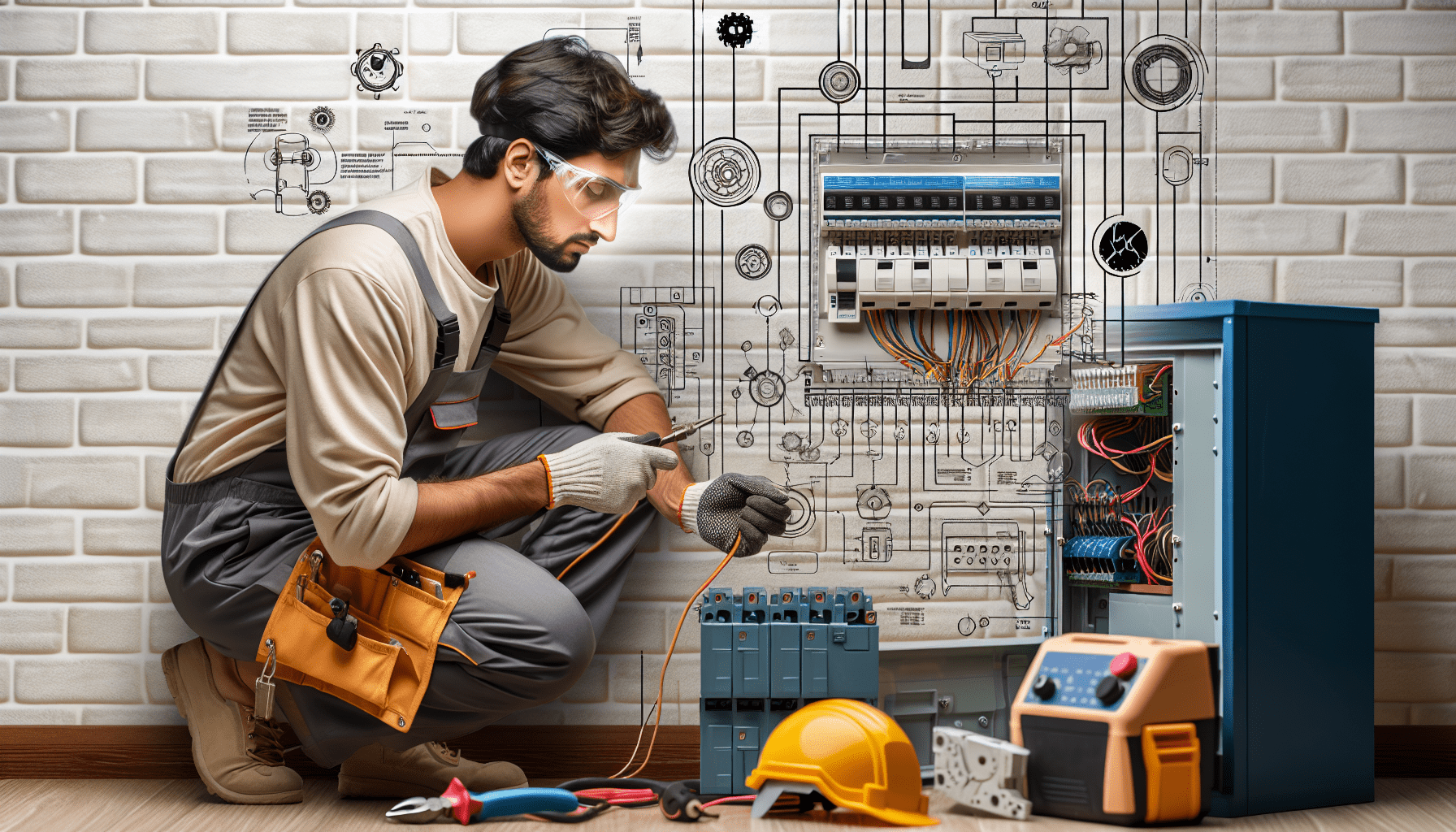You’re thinking about adding a home power backup system, and there’s one crucial question on your mind: do home power backups require professional installation? This article carefully explores whether you can handle the installation yourself or if it’s best left to the professionals. You’ll get insights into the different types of backup systems, the complexity of their installation processes, and safety considerations to help you make an informed decision. So, if you’re looking to ensure your home stays powered during an outage, read on to discover whether you should DIY or call in the experts. Have you ever wondered whether home power backups require professional installation? It’s a common question among homeowners contemplating how to safeguard their homes against unexpected power outages.

Understanding Home Power Backup Systems
Let’s first understand what home power backup systems are. These systems ensure that your home has a continuous power supply, even when the main electrical grid fails. There are different types of home power backup systems available, each with unique specifications and installation requirements.
Types of Home Power Backup Systems
There are primarily three types of home power backup systems you can consider:
- Portable Generators: These are generally small, mobile units that can be moved easily. They run on gasoline, diesel, or propane.
- Standby Generators: These are permanently installed systems that automatically kick in when the main power goes out. They run on natural gas or propane.
- Battery Backup Systems (UPS and Solar): These systems store energy in batteries and are usually used in conjunction with solar panels.
Pros and Cons of Each Type
Understanding the advantages and disadvantages of each type can help you decide which is best for your home’s needs.
| Type | Pros | Cons |
|---|---|---|
| Portable Generators | Relatively inexpensive, easy to transport | Limited power output, manual startup |
| Standby Generators | Automatic operation, can power a whole house | Expensive, installation is more complex |
| Battery Backup Systems | Quiet, eco-friendly, can be paired with renewable energy sources | Higher initial cost, may require larger storage for longer power outages |
Do You Need Professional Installation?
Now, let’s get to the main question: do home power backups require professional installation? The answer varies depending on the type of system you’re considering.
Installing Portable Generators
If you choose a portable generator, you may not necessarily need professional installation. These units are designed for ease of use and typically come with straightforward setup instructions. However, there are some important considerations:
- Safety Measures: You need to ensure proper ventilation to avoid carbon monoxide poisoning.
- Electrical Connections: Using a transfer switch is highly recommended to avoid backfeeding into the grid, which can be hazardous.
Installing Standby Generators
For standby generators, professional installation is generally recommended. Here’s why:
- Complex Electrical Work: Installing a standby generator involves wiring it into your home’s electrical system. This requires expertise to ensure everything is done to code.
- Fuel Connections: These generators often connect to natural gas or propane lines, which again, require professional handling.
- Permits and Inspections: Many local jurisdictions require permits and inspections for standby generator installations.
Installing Battery Backup Systems
Battery backup systems can also be complex and may benefit from professional installation:
- Electrical Integration: These systems often integrate with your home’s electrical panel and may require modifications to your existing setup.
- Solar Panels: If you are pairing batteries with solar panels, the installation can become more involved.
- Battery Management: Properly managing storage and discharge rates to maximize battery life and efficiency usually requires expert knowledge.
When You Might Consider DIY Installation
If you’re a DIY enthusiast, there are scenarios where you might consider installing a backup power system yourself:
- Portable Generators: As mentioned, these can often be set up without professional help.
- Small Battery Systems: Basic battery backup units for individual devices or small solar setups might be within your skillset.
Safety Considerations
Your safety and that of your family is paramount. Here are some safety aspects to keep in mind:
Carbon Monoxide Poisoning
Improper placement or operation of generators can lead to carbon monoxide poisoning, which is dangerous and potentially fatal.
Tips to Avoid Carbon Monoxide Poisoning:
- Always use your generator outdoors, at least 20 feet away from doors and windows.
- Install carbon monoxide detectors in your home.
Electrical Hazards
Incorrectly wiring a generator into your home’s electrical system can cause electrical shocks or fires.
Tips to Avoid Electrical Hazards:
- Use a transfer switch to isolate your home from the main power grid.
- Ensure all wiring complies with local electrical codes.
Cost Comparison
When considering whether to install a home power backup system yourself or hire a professional, cost will undoubtedly be a factor.
Cost of Professional Installation
| Type of Backup System | Average Installation Cost |
|---|---|
| Portable Generator | $50 – $100 (accessories) |
| Standby Generator | $2,500 – $5,000 |
| Battery Backup System | $500 – $2,000 (without solar panels) |
Cost of DIY Installation
| Type of Backup System | Average DIY Cost |
|---|---|
| Portable Generator | $500 – $2,500 (generator cost) |
| Standby Generator | $1,500 – $4,000 (generator cost, excluding permits) |
| Battery Backup System | $500 – $3,000 (battery cost, excluding solar panels) |
Note that DIY costs can vary widely based on your skill level and whether you already have the necessary tools.

Long-Term Maintenance
Regardless of whether you choose a professional installation or DIY, long-term maintenance is crucial for ensuring your backup system’s reliability.
Maintenance Tips for All Systems
- Regular Testing: Frequently test your system to ensure it works when you need it.
- Fuel Checks: Ensure that fuel types like gasoline and diesel are fresh. Stale fuel can cause performance issues.
- Battery Health: Regularly check your batteries’ state of charge and replace them as needed.
Regulations and Permits
Different types of backup power installations may require permits and adhering to regulations.
Local Building Codes
- Standby Generators often need inspection and must comply with specific building codes.
- Battery Backup Systems may also have regulations around how batteries should be installed and maintained.
Environmental Regulations
- Ensure your installation complies with environmental regulations to avoid fines and ensure safety.

Conclusion: Weighing Your Options
Ultimately, whether you decide to install a home power backup system yourself or hire a professional depends on several factors:
- Complexity of the System: Simpler systems like portable generators are more amenable to DIY installation, while more complex setups like standby generators and large battery systems generally require professional expertise.
- Your Skill Level: Be honest about your ability to handle intricate electrical and mechanical tasks.
- Budget: Factor in both short-term installation costs and long-term maintenance expenses.
By understanding your needs and the requirements of different home power backup systems, you can make an informed decision that ensures the safety and reliability of your home’s power supply.

